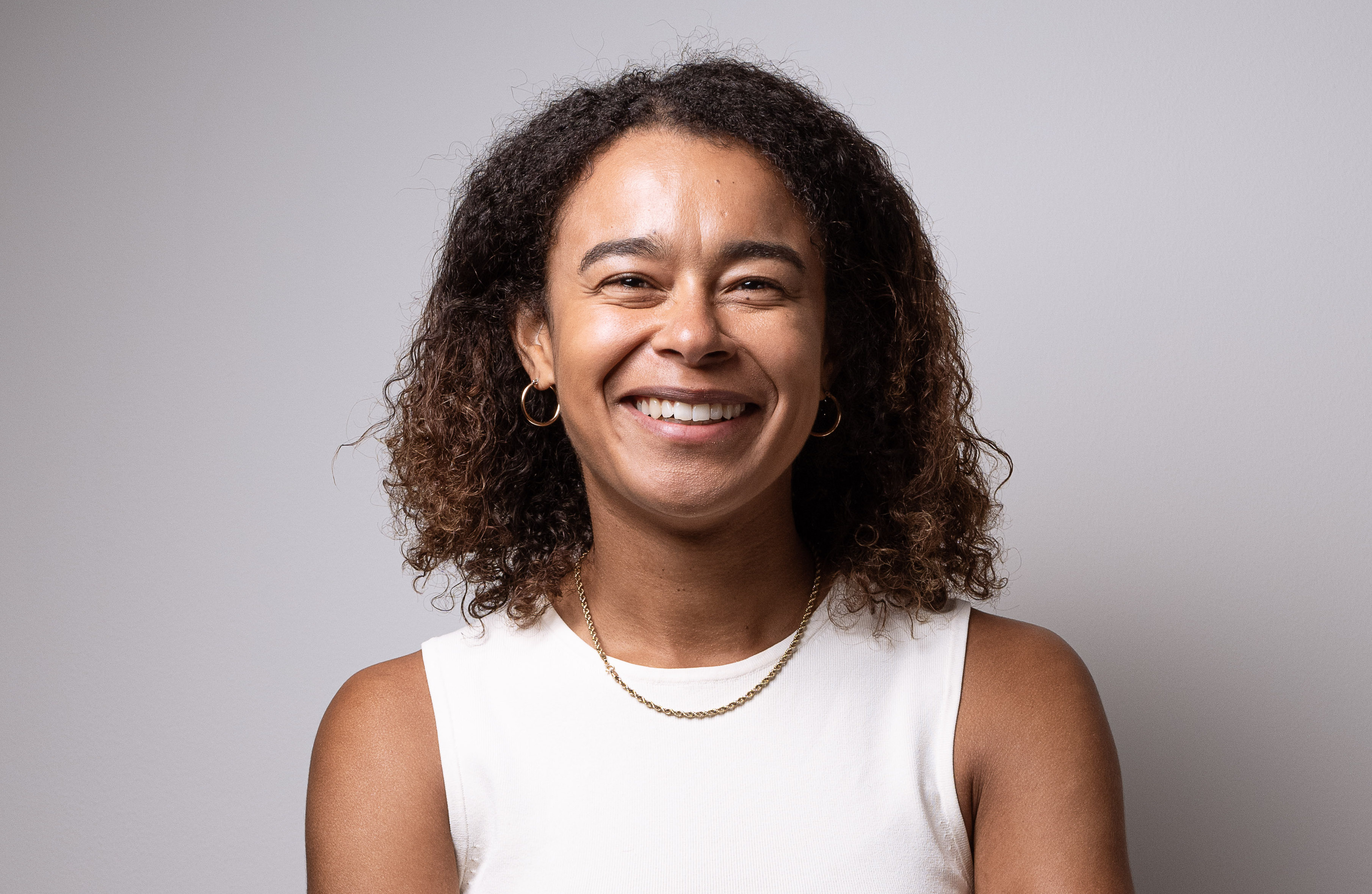When asked what social enterprises do to promote diversity and equity, they focus on involving people with direct personal or “live experience” within their organizations. There are more and more answers saying yes.
In working with social enterprises and charities, including facilitating a recent roundtable discussion on this topic, with Social Enterprise UK, we have explored how the concept of lived experience can be some of the most challenging. Below are some questions that may be relevant to organizations seeking to honor, honor and maximize diverse life experiences.
Is it wise to share your lived experience? Join us for our next WISE Ways to Lead webinar in partnership with NatWest to explore how social entrepreneurs can use it, or intentionally. No Use – their lived experience to market their venture. Thursday, September 22nd, 1:00pm-2:00pm |
Are your staff clear on what lived experience means and what it doesn’t mean?
Hands-on experience with an organization usually refers to staff members or board or committee members who have experienced (or have experienced) the social, physical, or environmental issues that the organization seeks to address. For example, a disability-focused charity may employ staff who have experienced specific disabilities associated with the charity. Organizations working to improve the lives of refugees may also employ individuals who are or have been refugees.
Many organizations say staff, board or committee members with real-world experience are essential to maintaining credibility, accountability and effectiveness in achieving their societal objectives. . However, it also works for less formal or less permanent setups. For example, consult people with real-world experience and give them a platform to shape the organization’s strategy through focus groups and surveys; You can create
It is important to really question how we view lived experience.
Some of the best solutions come from experienced people. They often gain a richer knowledge and critical understanding from experiencing something first-hand rather than just reading about it. But it is important to really question how we view lived experience. A person may have a specific experience relevant to an organization, but the broader context of that experience must be considered. For example, all of the social, economic, and/or cultural experiences and problems faced by all black people living in a particular area simply because a person is black of African or Caribbean descent. It doesn’t mean you can or should comment.Similarly, lived experience is not limited to any particular It includes characteristics such as race, gender, and disability, but also other life experiences, such as growing up in foster care and dealing with mental health issues.
How do you amplify and support diverse voices?
The opinions, ideas, and insights of those who have experienced specific problems should guide the strategies and decisions of organizations seeking to address these problems. However, some serious consideration needs to be given to why, and especially how, actually experienced individuals are involved.
This is important because failing to identify their specific needs can do more harm than good, both personally and organizationally, often carelessly. It is important to have the right support structure in place, including training, relevant coordination and, importantly, respect for the individual’s experience. Ensuring people are supported is key to ensuring that both individuals and organizations really benefit in a long-term and sustainable way.
Second, there is no equity and diversity without representation at all levels. If you don’t have experienced people on your senior leadership team or board of directors, who advocates and makes decisions that affect the people your organization seeks to support?
I’m not saying all CEOs need to have lived experience. But in order to make effective decisions, you may need to listen to those who do. So consider someone who has a direct reporting line to key decision makers.
Are You Paying Fairly and Preventing Losses?
For organizations working with people facing significant social and structural disadvantage, some roles, particularly unpaid board roles, take time and in some cases already address significant challenges. It is common to pay more for posts that require a high degree of “learning experience,” such as college qualifications or industry experience. lived experience. Senior leaders should consider this carefully and consider fair and equitable levels of compensation for those who gain valuable experience (regardless of the level of experience learned). You should also be compensated for your time when contributing as part of a survey or focus group.
Senior leaders should consider fair and equitable standards of compensation for those with valuable life experience
Organizations that deal with highly sensitive or traumatic issues should take special care when hiring roles that require them to work in environments that are constantly reminiscent of traumatic experiences. We also need to ensure that experienced people are not inadvertently exploited or asked to relive painful experiences, for example, for the benefit of grant applications or presentations to funders. there is.
Is there room for other kinds of experiences?
Finally, lived experience provides a wealth of knowledge and critical understanding, but this must be balanced against ensuring that there is a wide range of other experiences, skills and expertise within the organization.
- Samara Lawrence is a charity and social enterprise attorney at the law firm Bates Wells.
Thank you for reading our story. As an entrepreneur or investor, you know that creating quality jobs doesn’t come for free. We rely on our subscribers to sustain our journalism. So if you think it’s worth having an independent, professional media platform covering social enterprise stories, consider subscribing. Also buy social. pioneer post A social enterprise in its own right, we reinvest all our profits to help you do business better.

 When asked what social enterprises do to promote diversity and equity, they focus on involving people with direct personal or “live experience” within their organizations. There are more and more answers saying yes.
When asked what social enterprises do to promote diversity and equity, they focus on involving people with direct personal or “live experience” within their organizations. There are more and more answers saying yes.